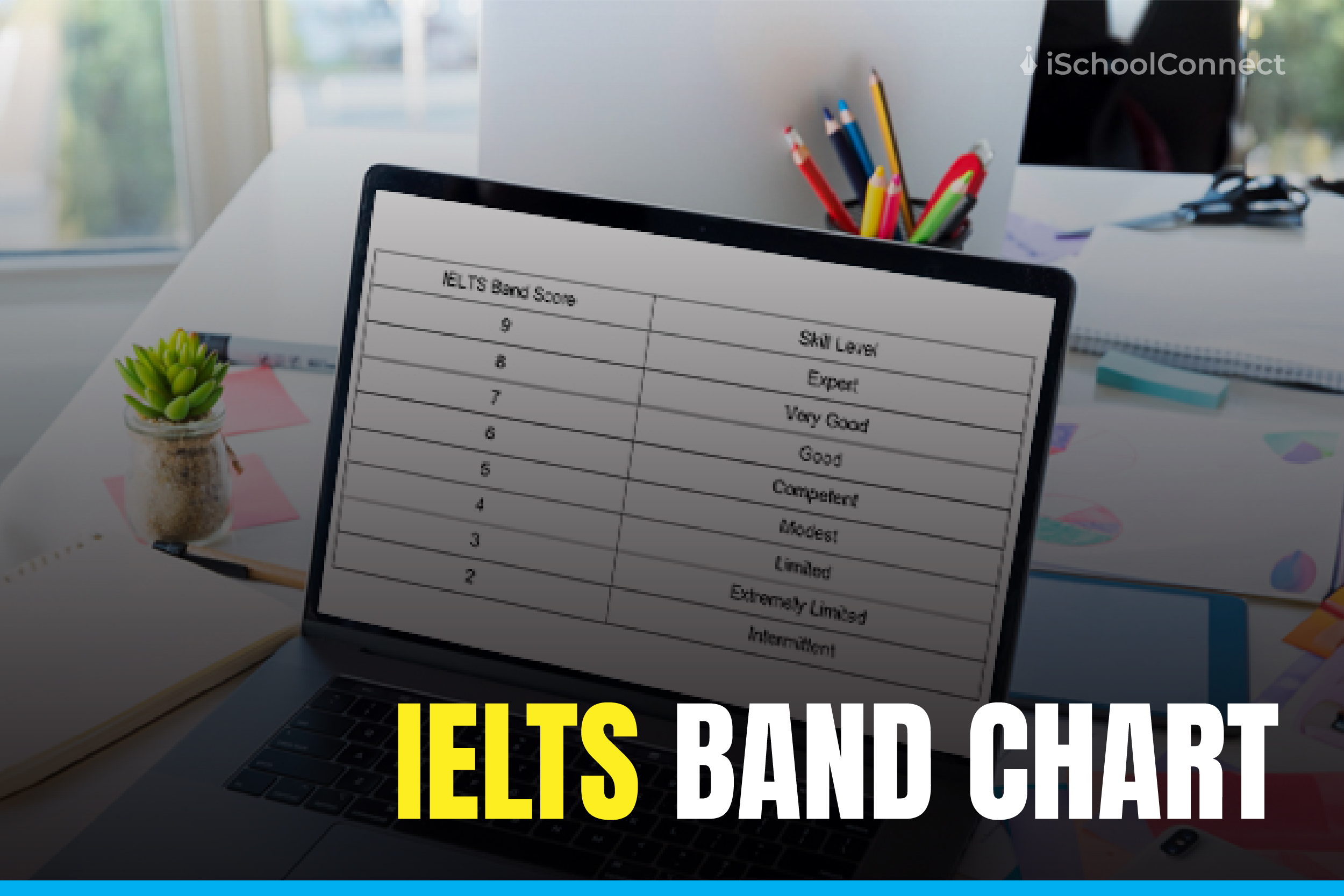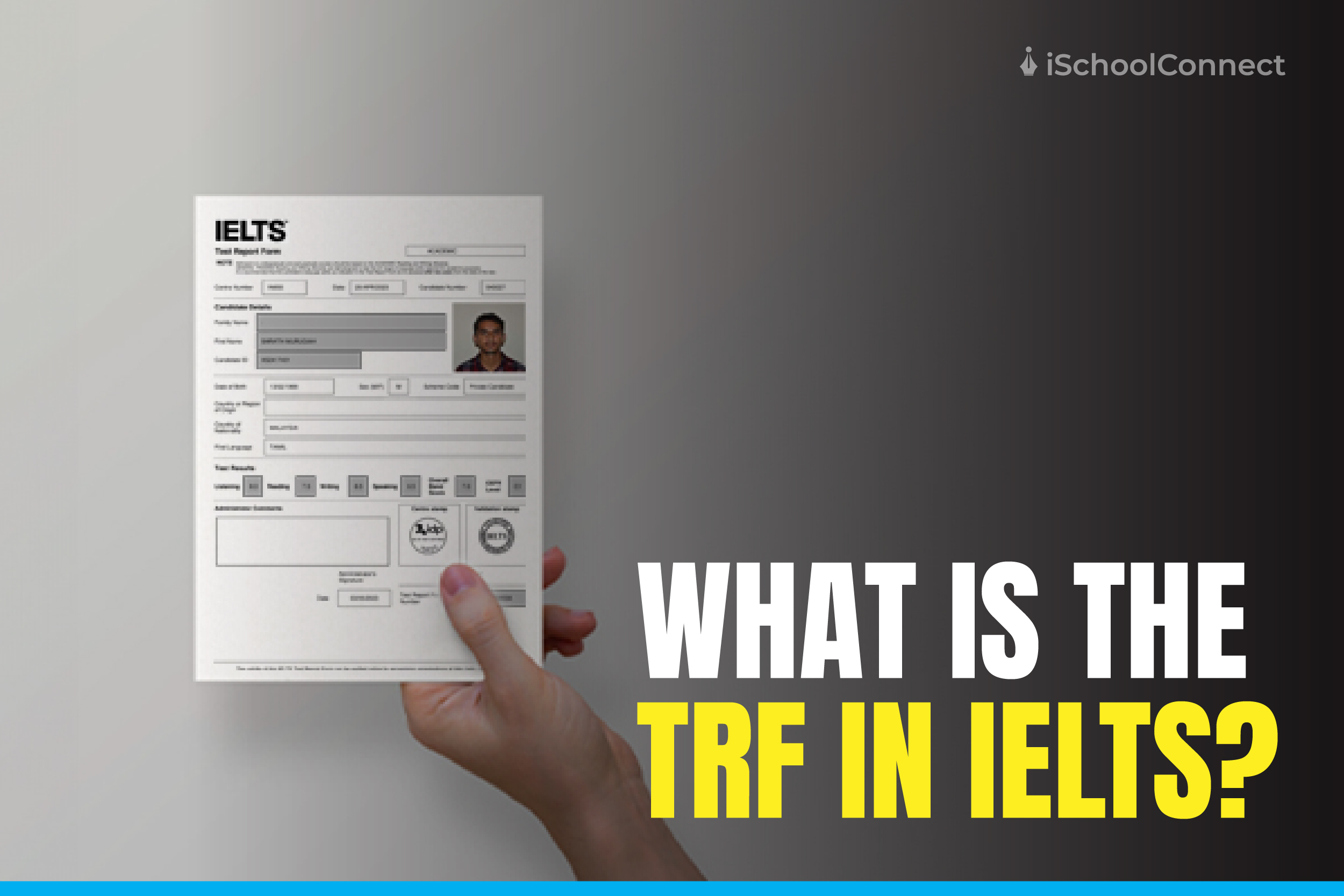Table of Contents
IELTS listening score calculator | An overview
Are you struggling to improve your IELTS listening score? Our innovative calculator is designed to give you instant feedback and help you improve your success. With its user-friendly interface and accurate analysis, you can achieve your language goals in no time. Ready to take your listening skills to the next level? Let’s dive in.
What is the IELTS listening score?
The Listening test is the same for both the IELTS Academic and General Training exams. During the exam, you will listen to four recordings that are a mix of monologues and conversations from a variety of native speakers, and each recording will be played only once.
The listening IELTS test has ten questions in each section. The test will last 40 minutes. After 30 minutes of listening, you have 10 minutes to transfer your answers to an answer sheet. The total score of your IELTS listening section can be calculated using an IELTS listening score calculator.
Calculate your IELTS listening score
The raw IELTS listening score is determined by the number of correct answers. There are 40 IELTS listening questions in total. Each correct answer receives one point. An IELTS listening score band of 9 is calculated using the total number of correct answers out of 40.
The IELTS listening score chart is entirely based on the number of correct answers converted into a 9-band scale. Certified experts with extensive knowledge and teaching experience evaluate IELTS listening scores. The conducting bodies evaluate their competence on a regular basis to ensure their legitimacy.
An IELTS listening band score chart is provided below to assist candidates in understanding the scoring method.
| Raw Score | Band Score |
| 39- 40 | 9 |
| 37- 38 | 8.5 |
| 35- 36 | 8 |
| 32- 34 | 7.5 |
| 30- 31 | 7 |
| 26- 29 | 6.5 |
| 23- 25 | 6 |
| 18- 22 | 5.5 |
| 16- 17 | 5 |
| 13- 15 | 4.5 |
| 12-Nov | 4 |
An explanation of the IELTS band score
| Band score | Skill | Meaning |
|---|---|---|
| 9 | Expert user | The test taker has complete operational command of the language. Their English is appropriate, accurate, and fluent, demonstrating complete comprehension. |
| 8 | Very good user | The test taker has complete operational command of the language, with only occasional unsystematic inaccuracies and inappropriate usage. In unfamiliar situations, they may misinterpret some things. They are adept at dealing with complex and detailed argumentation. |
| 7 | Good user | The test taker has operational command of the language, albeit with occasional inaccuracies, inappropriate usage, and misunderstandings in some situations. They can generally handle complex language and understand detailed reasoning. |
| 6 | Competent user | Despite some inaccuracies, inappropriate usage, and misunderstandings, the test taker has a strong command of the language. They can use and understand fairly complex language, especially in familiar situations. |
| 5 | Modest user | The test taker has a limited command of the language and can cope with overall meaning in most situations, but they are likely to make numerous errors. They should be capable of basic communication in their field. |
| 4 | Limited user | The basic competence of the test taker is limited to familiar situations. They frequently exhibit difficulties with comprehension and expression. They are unable to communicate in complex language. |
| 3 | Extremely limited user | In very familiar situations, the test taker only conveys and understands the general meaning. Communication breakdowns occur frequently. |
| 2 | Intermittent user | The test taker struggles to understand spoken and written English. |
| 1 | Non-user | Except for a few isolated words, the test taker has no ability to use the language. |
| 0 | Did not attempt the test | The test taker did not respond to any of the questions. |
What equation is used to determine the overall band score?
The overall band score is the average of the scores of the four sections of the IELTS exam, rounded to the nearest whole or half band. Weighting for the component scores is equal.
The overall band score is rounded up to the next half band if the average of the four components is less than.25; otherwise, it is rounded up to the next whole band. The overall score is rounded down if the average is less than .25 or .75.

Follow these tips to improve your IELTS listening score
- There are no penalties for incorrect answers, so attempt all questions. But be careful not to waste time on a question you don’t know the answer to – guess and move on.
- The answers are displayed in the order they were heard in the audio.
- Prepare to hear a potential response that is not the actual response.
- Keep an eye out for plurals in answers. A singular answer is incorrect if the question requires a plural answer.
- A letter will be requested for multiple-choice answers (a, b, c, d). Write the letter, not the corresponding response.
- Take care when transferring your answers, and keep in mind the word limit on your answer sheet!
- Take notes in abbreviated sentences rather than complete sentences.
- Hyphenated words (such as “part-time”) are treated as one word.
- A date (1990) is regarded as a single number.
- You only need to write down enough information to aid your memory later on.
- When asked to complete a sentence with no more than two words and the correct answer is “blue coat,” “a blue coat” is incorrect. The same is true for numbers.
Key takeaways
- The IELTS exam consists of 40 questions and lasts for 30 minutes, with an additional 10 minutes for transferring the answers onto the answer sheet.
- An IELTS score of 40 is converted into a band score of 9.
- You can improve the band score with the tips mentioned in this article.
Whether you’re taking the IELTS exam for academic or professional purposes, using the calculator can be an effective way to maximize your success. So why not give it a try? Start using the calculator today and see how it can benefit you. In case you have any doubts, you can always reach out to us. Good luck with your exams!
Liked this blog? Also read: Improve your IELTS exam score with these tips | Syllabus, tricks & more!
FAQs
Q.1 How does the IELTS listening score calculator work?
The calculator evaluates your listening skills by analyzing your answers to a set of questions. Based on your responses, it calculates your overall score and provides instant feedback, highlighting areas where you need improvement.
Q2. Is the calculator accurate?
Yes, the calculator is designed to be accurate and reliable. It uses the same scoring system as the IELTS exam and takes into account factors such as vocabulary, grammar, and comprehension.
Q.3 Can I use the calculator to predict my actual IELTS listening score?
Using the calculator can be a helpful tool in identifying areas where you need to improve and developing strategies for success.






